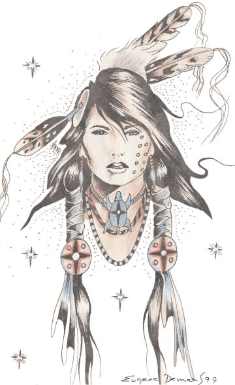



fire1
Tungasugit – Tánsi/Tawáw – Boozhoo Wotziye – Waaciye – Bienvenue – Taanshi – Hau & Han
Welcome
grassslide
forestslide
Working towards truth and reconciliation and
equality of opportunity for Indigenous people.
forest
Getting to know, respect and appreciate one another through our circles is already a significant action toward reconciliation.
What we do
The aim of Circles for Reconciliation is to establish trusting, meaningful relationships between Indigenous and non-Indigenous peoples as part of the 94 Calls to Action from the Truth and Reconciliation Commission (TRC).
The means to achieve this is the creation of small gatherings of an equal number of Indigenous and non-Indigenous people in discussion circles.
Every Circle needs five Indigenous and five non-Indigenous participants. Relationships are built by equal voices.

How we do it
- Each group of ten participants, led by two trained facilitators, meets weekly or biweekly for seven gatherings 90 minutes in length.
- These seven meetings allow for the beginnings of respectful relationships, which the TRC stresses is the basis of reconciliation.
- The participants sit in a circle, providing greater opportunities for sharing and being respectful of traditional Indigenous values and customs.
- Themes for each Circle continue to be developed and, where necessary, are being adapted to different Indigenous customs and practices across Canada.
